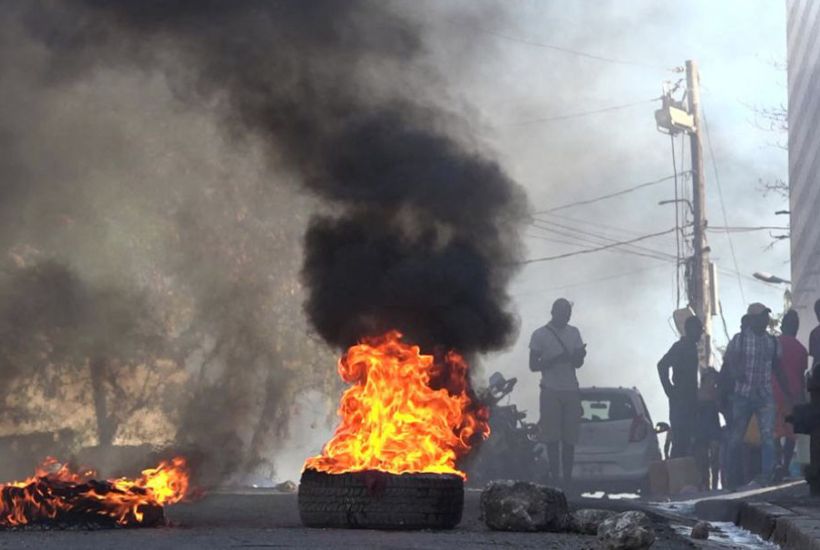Haiti seems to be on the verge of complete collapse. In the past few days, the country’s gangs – which already controlled 80 per cent of the capital city of Port-au-Prince – have waged a serious assault against the government while the de facto prime minister Ariel Henry is in Kenya.
On Saturday there was a mass prison break, with around 5,000 former prisoners on the loose, some of them notorious gang leaders. Just
Already a subscriber? Log in
Subscribe for just $2 a week
Try a month of The Spectator Australia absolutely free and without commitment. Not only that but – if you choose to continue – you’ll pay just $2 a week for your first year.
- Unlimited access to spectator.com.au and app
- The weekly edition on the Spectator Australia app
- Spectator podcasts and newsletters
- Full access to spectator.co.uk
Or




















Comments
Don't miss out
Join the conversation with other Spectator Australia readers. Subscribe to leave a comment.
SUBSCRIBEAlready a subscriber? Log in